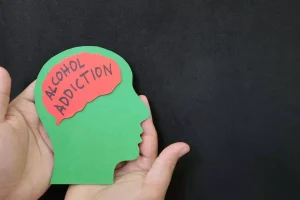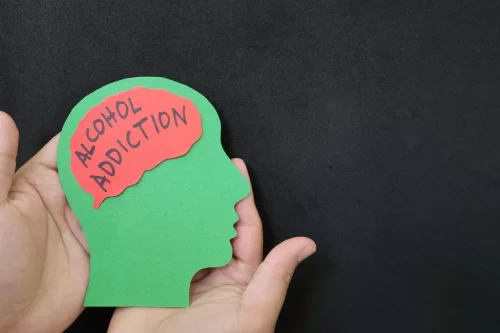
The fear of what will happen during the different stages of alcohol detox is one of the main reasons that prevents people from seeking treatment for alcohol use disorder. Knowing what to expect can help you or a loved one who is struggling with alcohol addiction be better prepared and less overwhelmed with the alcohol detox process. Embracing goal clarity can provide direction and motivation, distinguishing between short-term objectives and the broader vision of lifelong sobriety.
- These symptoms of acute alcohol withdrawal can include alcohol shakes, nausea, delirium tremens, hallucinations, and more.
- On its own, quitting drinking isn’t enough to spur continued sobriety; alcohol recovery typically occurs in stages.
- It means keeping that person alive and safe while they are in active addiction.
Transitioning Out Of The ‘Honeymoon Phase’
Despite these known risks, people who are physically and psychologically dependent on alcohol struggle to break free of their addiction. Even a casual drinker can tell you that the withdrawal symptoms from alcohol after just a few drinks can be very uncomfortable. Those who have been drinking heavily or drinking for a long time can experience life-threatening withdrawal symptoms.
The Middle Stage and Its Effects
- Reducing the risk of relapse in addiction recovery is intricately tied to building a supportive environment that fosters well-being and sustains positive behavioral changes.
- Once individuals recognize the need for change and accept the reality of their addiction, the next stage in the journey to alcohol recovery involves seeking help and treatment.
- But the truth is that you are making progress on your recovery journey.
- Understanding the dynamic nature of addiction, harm reduction aligns with the idea that relapses may occur and should be viewed as opportunities for learning and adjustment rather than as failures.
These programs are designed to improve relationships, develop life skills, prevent relapse, and stages of alcoholic recovery address any co-occurring mental health conditions. The action stage is where a person takes measurable steps to address and overcome their alcohol addiction. This can mean entering a treatment program, attending support groups, or making lifestyle changes.
- The fact is that alcoholism is a chronic condition that requires lifelong management.
- Join 40,000+ People Who Receive Our Newsletter Get valuable resources on addiction, recovery, wellness, and our treatments delivered directly to your inbox.
- It’s crucial to identify and address triggers that may tempt a person to relapse.
- These therapies help individuals develop new coping skills, modify harmful behaviors, and establish healthier thought patterns.
One Year of Sobriety

Remember that alcohol use disorder is a medical condition, with a medical solution. Seeking online alcohol treatment is an act of self-care, and something to be proud of. With a Care Team dedicated to you, your alcohol recovery timeline will begin to crystalize as you learn more about yourself and undergo enriching changes.

Severe symptoms
It can be tempting to try and quit alcohol at home without professional help. However, as mentioned, sometimes people progress to severe alcohol withdrawal symptoms very quickly. Without care from healthcare professionals, this can put your life at risk. The Recovery Village Cherry Hill at Cooper provides both inpatient and outpatient detox and rehab. We are here to help you and those you love recover from addiction and begin a healthier, alcohol-free future. Contact us to learn more about alcohol addiction treatment programs that can work well for your needs in recovery.
Addiction is a serious condition.
Even a minor change like taking a shower as soon as you get home can help stop cravings. Establishing new patterns, both big and small, helps build a new life for a new you. DT is a life-threatening form of withdrawal that changes breathing, circulation and the body’s ability to control temperature.
